
Revisiting Greek-Turkish relations: The Muslim minority in Thrace
...
By George Petalotis*
The very recent visit to Greece of Recep Tayyip Erdogan is yet another link in the chain of both Greek-Turkish relations and of the behavior of the Turkish president as regards foreign affairs.
His tearful assertion before a mass of supporters, just one day after his return to Turkey , that supposedly “the mothers of our compatriots in Thrace are crying and beseeching our support” is characteristic of the hard-core, populist manner in which he conducts politics, subjecting his country’s external relations completely to his need to retain power.
This is despite the fact that it is known and absolutely measurable that the minority in Thrace, as far as his reception was concerned, appears to have turned its back on him.
Greece and Turkey are neighbouring countries with historical precedents of peaceful coexistence of their peoples in the same country on the one hand, and on the other hand the perpetual threat of a military clash at any moment in the Aegean.
Successive governments in Greece and Turkey, therefore, have a duty, to their citizens first of all, to be extremely careful.
Improvisations that are akin to speeches to supporting fans, clashes as an end in themselves, and tactical games can only bring harm.
Greece finds itself in the process of transcending a serious economic crisis. Turkey already has numerous open fronts abroad, and has entered a phase in which strong state institutions are weakening, especially after the attempted military coup.
Thousands of Turkish citizens – judges, prosecutors, lawyers, academics, journalists and publishers – are arrested daily, and await for months before any charges are filed.
Under such circumstances, whoever discovers new disputes or rekindles old ones for self-serving reasons, assumes enormous responsibilities, and equally great consequences.
Tug-of-war with Muslim minority
This is especially true when the Muslim minority that lives in Thrace is transformed nonchalantly from a much-touted “bridge of friendship” into a tug-of-war with exceptionally base motives. Then the dangers multiply.
We know all too well that whenever the minorities recognised and ostensibly protected by the Treaty of Lausanne – in Thrace on the one hand and in Istanbul, Imvros and Tenedos islands on the other – were used as shock absorbers in Greek-Turkish crises, the results were tragic.
The uprooting of the Greek, or Rum, minority in Istanbul, is a harsh reminder of the consequences that arise when the minorities that we are supposed to be protecting pay the piper for our imprudence.
Today, having established the absolute character of the protection of human rights against any rationale of reciprocity in their enforcement, the minority in Thrace is living under the best conditions it has experienced since the Greek-Turkish population exchange of 1922.
Room for improvement
Clearly, there are areas that require improvement, and most certainly the elimination of any sort of discrimination must be our daily goal.
Those of us who live in the region know very well that when a segment of the population is not prospering, and suffers discrimination, then we all face the consequences.
We have seen this scenario unfold under governments with an authoritarian bent, or with an extremely conservative and phobic outlook.
The 1990 turning point
Especially after 1990, a full 27 years before Erdogan discovered “crying mothers” in Thrace, it was decided by the Greek “ecumenical” government, comprised of all political parties, to enforce a policy of equal justice and egalitarianism.
That policy definitively eradicated a series of restrictions to which the minority had been subjected, and which were also reflected in their negative impact on the rest of the population.
These discriminatory restrictions were instituted mainly by “nationally-minded” dictators in Athens, and were fully exploited by Ankara, which worked to keep a large segment of the minority hostage to its whims.
Thrace minority university admissions quota
Indeed, in 1994, then education minister George Papandreou took a bold decision to institute a “positive discrimination” in university entry procedures, establishing a five-thousandth quota that created additional slots for applicants from the minority.
The result is that we now have a blossoming generation of university-trained minority youth who are educated, worthy, outward-looking, and fully incorporated in Greek society.
They are Greek citizens who would not easily accept discrimination by the Greek state, nor would they, as a matter of self-respect, agree to become part of Ankara’s propaganda machine.
Far from ridiculous revanchism, the minority participates fully and actively in the economic life of the country. They actively maintain construction activity in the region despite the current crisis, making up for older omissions.
They invest dynamically and contribute decisively to political developments by holding elected parliamentary and local government seats with a plethora of officials.
Along with all other Greek citizens, they are anxious and yearn for the economic crisis to be transcended, and for growth, which is already beginning to be apparent.
In conclusion, the era of easy aphorisms, of supposed messages, and of palatable propaganda, is long gone.
The leaders of both Greece and Turkey are now judged strictly by their peoples in the conduct of bilateral relations.
Prudence, moderation, an outward-looking stance, the elimination of fearfulness, and democracy and development for all, are the guarantees of peaceful coexistence between Greece and Turkey – without provisos and without sabre-rattling.
*George Petalotis is a native of Komotini, and a former Pasok MP, minister and government spokesman in the administration of George Papandreou.
in.gr
Ακολουθήστε το in.gr στο Google News και μάθετε πρώτοι όλες τις ειδήσεις

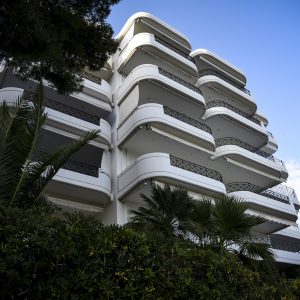









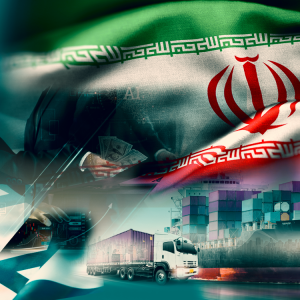






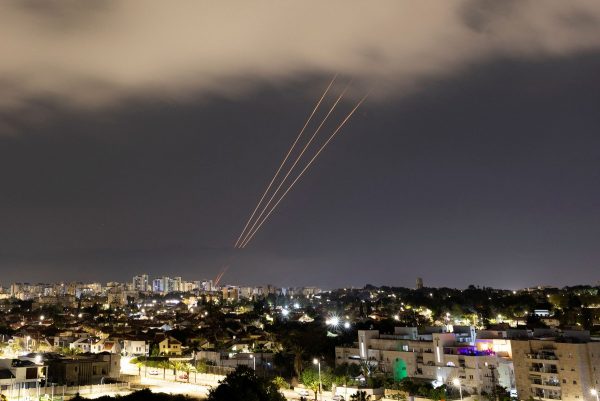
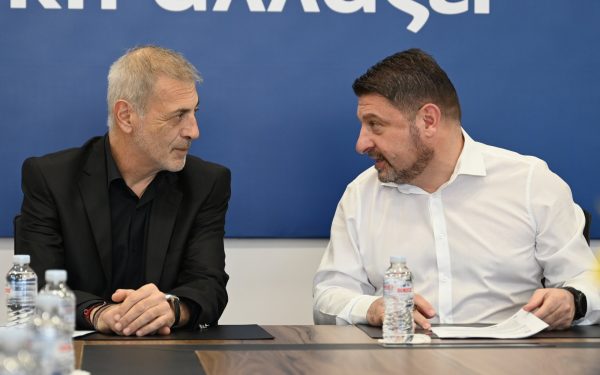




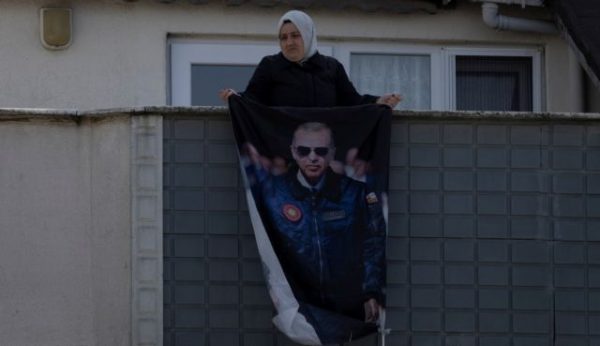





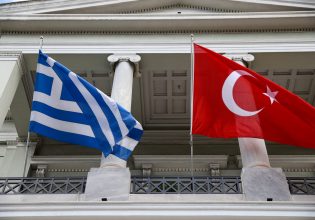




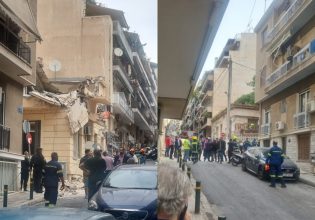





 Αριθμός Πιστοποίησης Μ.Η.Τ.232442
Αριθμός Πιστοποίησης Μ.Η.Τ.232442